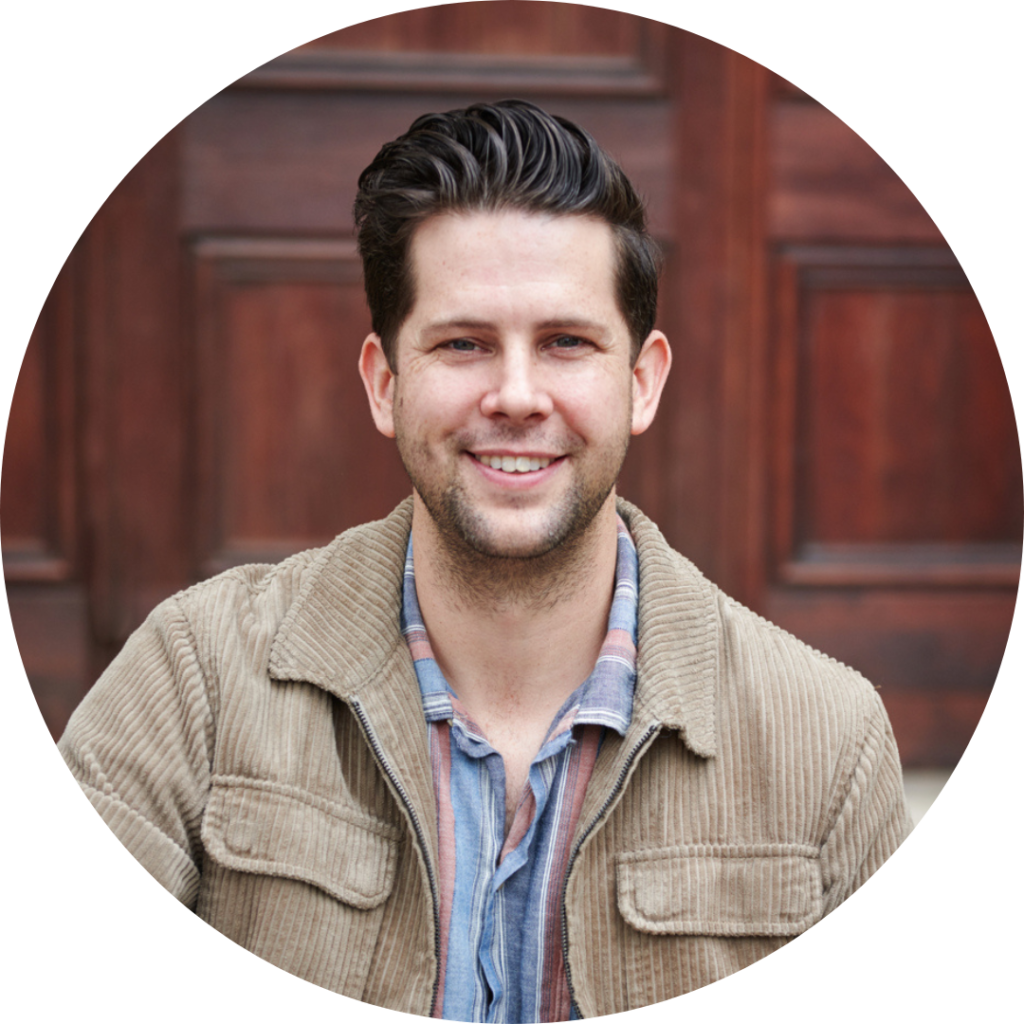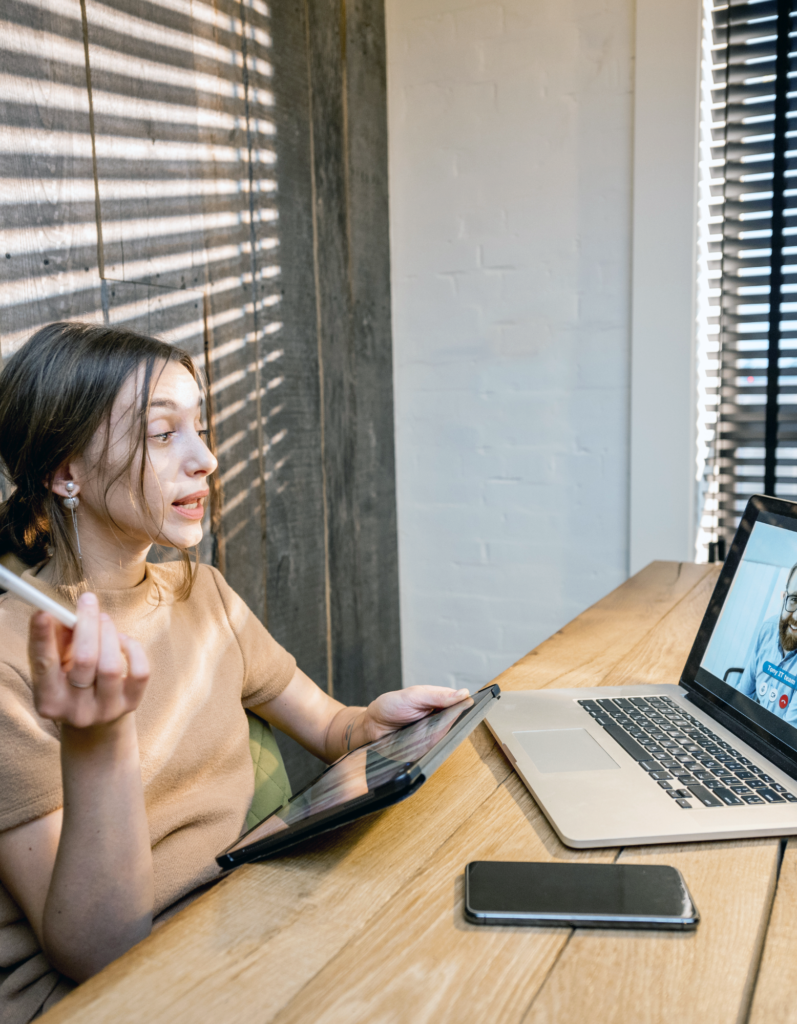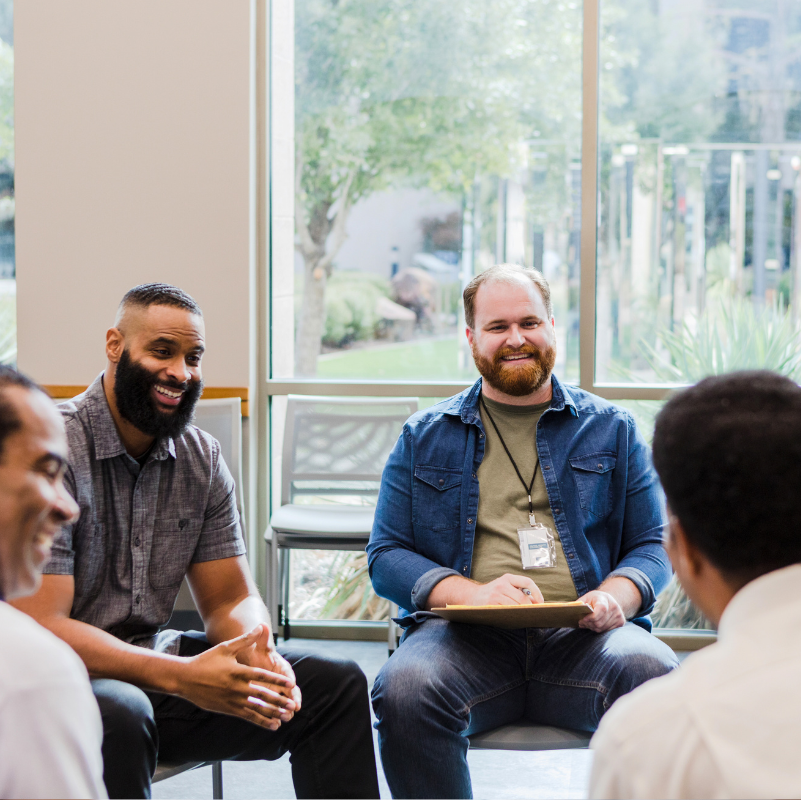
Therapy for getting unstuck and achieving your goals
Hi! I’m Jeremy, a licensed therapist offering online and in-person therapy to residents of Maryland and Washington, D.C.
My approach
I will teach you trauma-informed mindfulness skills and use Internal Family Systems (IFS) and other therapy techniques to provide a safe, nonjudgmental, identity-affirming space to help you achieve your professional, relationship, and personal goals.
“Working with Jeremy has been an enlightening journey of self-discovery. With his help, I’ve been able to better understand the true depth of my feelings and how they arise.“
— Sophia, Washington, D.C.
Online therapy in Maryland and DC
Video chat allows therapy to fit your schedule. After booking a session, I will send you a link to join our video chat through your internet browser.
All you need is a WiFi connection, a private location, and a phone, laptop, or tablet with a camera.

SUBSCRIBE TO MY EMAIL NEWSLETTER





